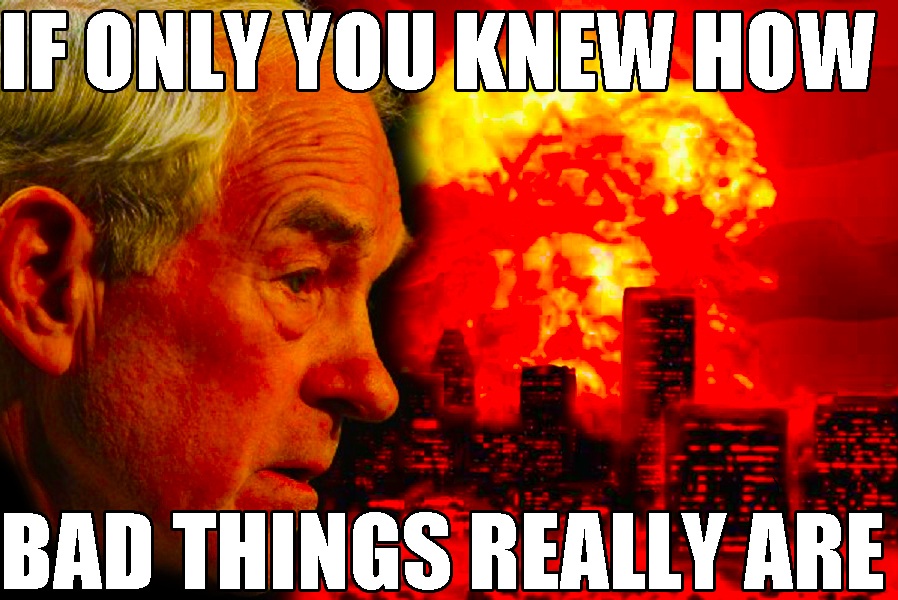- Joined
- Apr 9, 2007
- Messages
- 52,730
- Reaction score
- 24,792
- This OpEd from the Arizona Republic states that there is bipartisan consensus that engagement with China is coming to a dead end .
- That the Western establishment believed , post Deng's reforms, China would liberalize as a result of economic opportunities and the West opening up to it.
- US China Economy and Security review commission recommends what amounts to "decoupling" even if they won't actually say the word.
I don’t know that the U.S.-China Economic and Security Review Commission would describe what it recommends in its latest report as decoupling. But it provides a raft of specific steps that could fairly be placed under that rubric.
--
China isn't going to change. It's time to break some of our economic ties
There is a general and bipartisan consensus that the engagement approach to China has come to a dead end.
Engagement was the bipartisan paradigm that guided U.S. relations with China since the market reforms of Chinese leader Deng Xiaoping in the 1980s. The belief was that the benefits of trade would give China a stake in, and thus engender its support for, a U.S.-led, rules-based international order.
And there was a hope, even an expectation, that rising prosperity would lead to internal political liberalization in China.
https://www.yahoo.com/news/china-isnt-going-change-time-130118764.html
------------
So the West thought China would join hands with the Western led New World Order and shed their authoritarian ways gradually, as a result of economic and trade relationships and uplifting. Instead China has used the past few decades to build up its war machine, bully neighbors and threaten to unseat Western power.
I am shocked that China wants to rule the world. Now these same policy wonks and foreign policy geniuses want us to believe Saudi Arabia is liberalizing, so we must give Bin Salman a pass.
- That the Western establishment believed , post Deng's reforms, China would liberalize as a result of economic opportunities and the West opening up to it.
- US China Economy and Security review commission recommends what amounts to "decoupling" even if they won't actually say the word.
I don’t know that the U.S.-China Economic and Security Review Commission would describe what it recommends in its latest report as decoupling. But it provides a raft of specific steps that could fairly be placed under that rubric.
--
China isn't going to change. It's time to break some of our economic ties
There is a general and bipartisan consensus that the engagement approach to China has come to a dead end.
Engagement was the bipartisan paradigm that guided U.S. relations with China since the market reforms of Chinese leader Deng Xiaoping in the 1980s. The belief was that the benefits of trade would give China a stake in, and thus engender its support for, a U.S.-led, rules-based international order.
And there was a hope, even an expectation, that rising prosperity would lead to internal political liberalization in China.
https://www.yahoo.com/news/china-isnt-going-change-time-130118764.html
------------
So the West thought China would join hands with the Western led New World Order and shed their authoritarian ways gradually, as a result of economic and trade relationships and uplifting. Instead China has used the past few decades to build up its war machine, bully neighbors and threaten to unseat Western power.
I am shocked that China wants to rule the world. Now these same policy wonks and foreign policy geniuses want us to believe Saudi Arabia is liberalizing, so we must give Bin Salman a pass.


